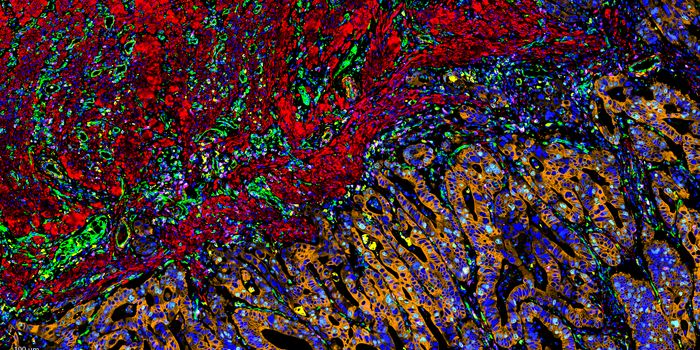How Breastfeeding improves Infants Immunity?
Breastfeeding benefits are well known for ages, and it has many positive impacts on infant's lives that continue with them throughout adulthood as increasing immunity, decreasing the occurrence of asthma and autoimmune diseases, as well as obesity.
But little research has been done on how breastfeeding causes these positive outcomes, especially its effect on the immune system. Recently a new study led by the University of Birmingham and Birmingham Women's and Children's NHS Foundation Trust has investigated those mechanisms.
A study published in Allergy that was done on 38 healthy mothers and their babies grouped based on the way of feeding "breastfeeding vs. formula milk" has shown the reasons behind those long-term effects of breastfeeding on immunity.
The researchers have found that a type of immune cells, regulatory T cells increased in breastfed babies and were twice as higher as they were in formula-fed babies. These cells also reduced the immune response against the maternal cells that transfer with breastmilk and reduced inflammation.
The exposure of neonates to the maternal cells and proteins present in breast milk contributes to the maturation of their regulatory T cells and their abundance, which affects their immunity.
Another observation was the abundant presence of two specific bacteria, called Veillonella and Gemella, in the breastfed baby's guts, which helps in regulatory T cell functions.
The study was conducted in the period after birth until three weeks of life on healthy neonates born by cesarean section. Blood and stool samples were collected at birth and then after three weeks of life. Sixteen babies were exclusively breastfed, thirteen were solely formula-fed, and nine received mixed feeding.
Researchers hope that these new insights will lead to an increase in breastfeeding rates, and also to help in better optimizing the formulation of formula milk to benefit babies who depend on it.
They will further study those mechanisms in sick and pre-term newborn babies who suffer from inflammatory conditions.
Sources: Science Daily via University of Birmingham, Allergy, Youtube








